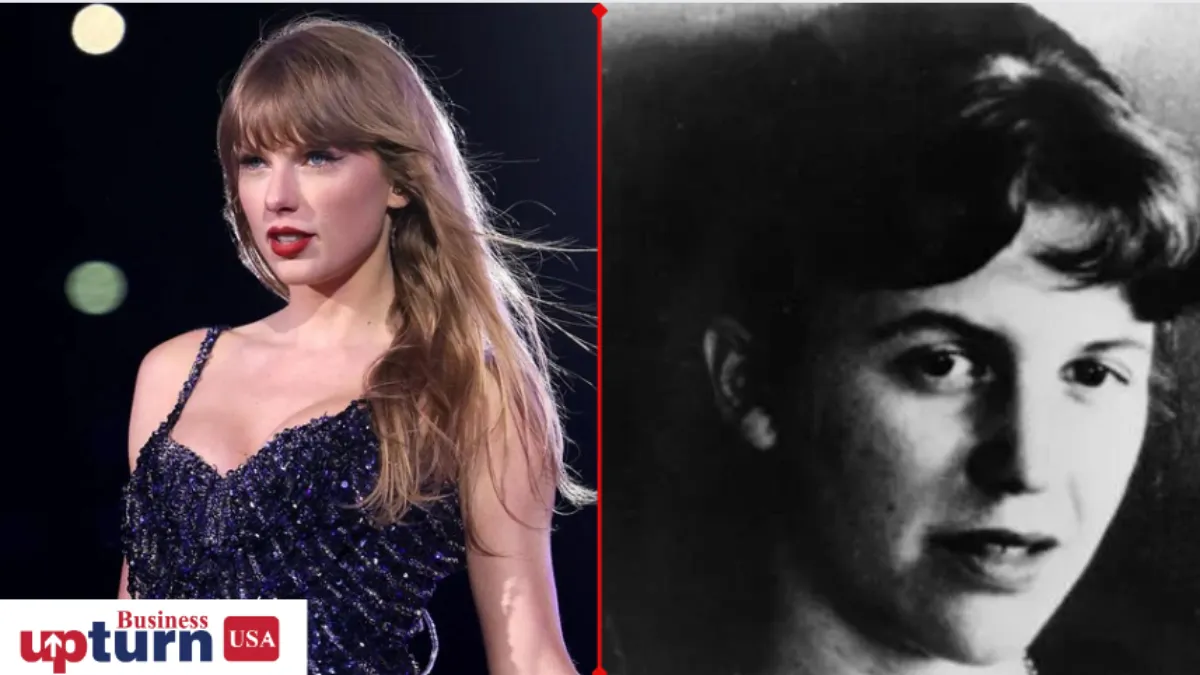Ah, the vast expanse of modern culture, where artists mingle, collide, and occasionally, find themselves compared to unexpected bedfellows. Enter Taylor Swift, the queen of pop, and Sylvia Plath, the poetess extraordinaire. At first glance, they seem as different as night and day, but delve deeper, and you’ll uncover a fascinating tapestry of similarities that transcend time and genre.
Swift, with her knack for lyrics that tug at the heartstrings and her unfiltered emotional honesty, has ensnared audiences worldwide. From twanging guitars in her country days to glittering pop anthems, she’s spun tales of love, loss, and life’s tangled web with a vulnerability that’s as rare as a unicorn sighting. And then there’s Plath, the mistress of confessional poetry, who bared her soul with a rawness that could strip paint. Themes of identity, mental anguish, and societal expectations danced across her pages, leaving readers haunted yet spellbound.
But it’s not just their knack for storytelling that unites these two titans of expression. Whether Swift’s serenading us with “Love Story” or Plath’s plunging us into the depths of despair with “Daddy,” their ability to craft worlds that resonate on a visceral level is unmatched. And let’s not forget the drama offstage—Swift’s romances splashed across tabloids, Plath’s tumultuous marriage dissected by scholars—both fueling the public’s insatiable appetite for gossip.
Yet, beyond the spotlight, Swift and Plath share a deeper connection—a legacy that transcends mere artistry. Swift’s anthems have become rallying cries for a generation, empowering listeners to embrace their truth, defy expectations, and dance to their own beat. Similarly, Plath’s verses continue to echo through the ages, offering solace to troubled souls grappling with mental demons and societal pressures.
In many ways, Swift embodies the zeitgeist of a new era, championing female empowerment and self-expression in the same vein as Plath did in her time. Both refuse to be confined by society’s narrow constraints, using their art as a megaphone to challenge norms, confront injustices, and ignite conversations about the human experience.
Of course, let’s not forget that Swift and Plath are as different as cats and dogs, each with their own quirks and quirks. But hey, who doesn’t love a good comparison? It serves to remind us of the enduring relevance of their work, the universal truths they uncover, and the indelible mark they leave on our cultural landscape.
So, whether you’re grooving to Swift’s latest bop or getting lost in Plath’s melancholic verses, remember this: their voices, though distinct, are beacons of truth, resilience, and hope in a world that’s ever-changing. And in the grand tapestry of human expression, that’s something worth celebrating.

